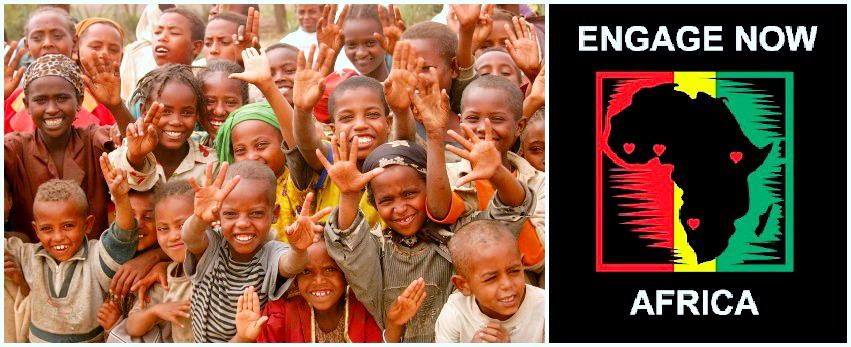“Serial killers shop on backpage.com”
-Erik L. Bauer & Mike Pfau, lawyers representing 3 girls in lawsuit against backpage.com ENA Staff attended the Juvenile Sex Trafficking Conference, hosted by Shared Hope International in Washington DC, on November 2014. Dozens of classes and presentations were given for and by human rights workers, law enforcement and legal professionals, social services, faith-based organizations and individuals. More than 60 top experts on sex trafficking conducted trainings over the course of two days.
On the last day, survivors of domestic trafficking spoke about their experiences being kidnapped, beaten and raped as young men and how they each had finally escaped. These classes were inspiring but also brought home some tough facts for ENA staff to face once again. Specifically that, while most people would prefer to look away, human trafficking and especially sex trafficking of minors is a serious issue in the United States. The problem is present in every single region of the United States, and it is silently destroying children, families, and communities.
The two Washington state lawyers working on the case against backpage.com, Erik L. Bauer and Mike Pfau, gave one of the most memorable classes of the conference. Backpage.com, a kind of Craigslist, posts ads for escort services and pimps who have made millions of dollars trafficking women and children. Although the site has been attacked repeatedly in court, they have won each and every case. But, after a long struggle, the site is now finally being brought to the Washington State supreme court. If Bauer and Pfau win this case, with a hub-and-spoke conspiracy theory, the website administrators and all of the pimps who have prostituted children through the website will face prison time. To add to this nightmarish setting, we heard of two captured serial killers who used backpage.com to find their victims. One of them murdered more than forty young girls. That’s over 40 young, teenage girls found just through backpage.com-kidnapped, raped and murdered!
ENA is committed to raising awareness about the issue of domestic minor sex trafficking through our Anti-Slavery Initiative. We continue to provide support to organizations in the US and internationally and work with our partners to prevent, rescue and restore victims.
In addition to working with two domestic organizations, Shared Hope International and The Defenders, ENA staff has also partnered with global abolitionist rescue organizations Operation Underground Railroad and Freedom Now International. We also began working with Free the Slaves to collaborate in the fight against slavery and human trafficking in Ghana. ENA also conducted major educational training with our staff and board of directors in the USA and in Ghana. This training brought everyone up to speed with a specialized program designed to identify, prevent, and combat slavery, human trafficking, and sex trafficking. This program will be implemented specifically in vulnerable communities in Ghana starting in 2015 and then it will be introduced into targeted African countries
ENA is proud to be working in collaborative partnerships with others who share similar goals and desires to eradicate slavery in all its forms, including modern day slavery such as human trafficking, sex trafficking, forced labor and now child sacrifice in Uganda with FNI. Together we will rescue victims and enable them to have the opportunity to heal and restore themselves in safe and loving environments. You, too, can be a part of the effort to globally end slavery in all of its forms. For more information visit www.engagenowafrica.org and to contact, donate time, raise funds, or simply spread the word today visit our website here.
Chris Gay, ENA's West Africa Director and wife, Chelsea attended the Juvenile Sex Trafficking Conference, hosted by Shared Hope International in Washington DC, on November 2014
LEARN MORE:
Shared Hope JUST Conference
The Defenders
Operation Underground Railroad
Free The Slaves
Teenagers Stand Up to Backpage
Washington teenagers sue Backpage.com
The law Office of Erik L. Bauer













